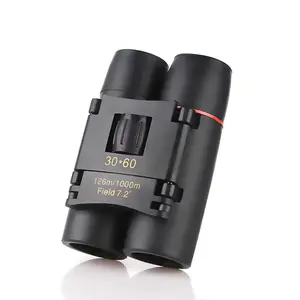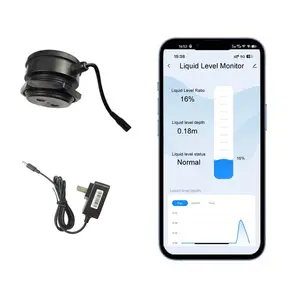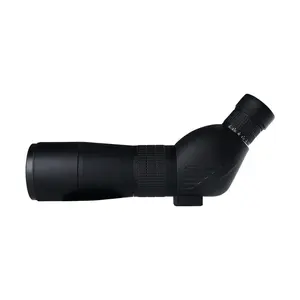Popular in your industry
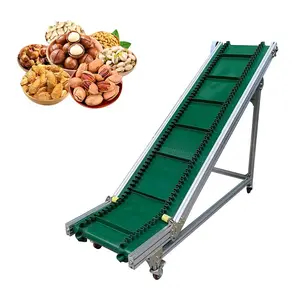



















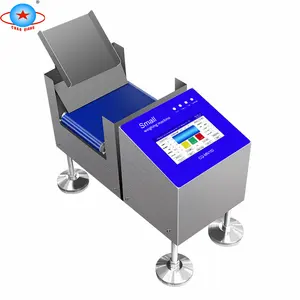




















































Related Searches:



















































































































































About checkweigher conveyor
Understanding Checkweigher Conveyors
Checkweigher conveyors are integral components in the manufacturing and packaging industries, designed to ensure products meet weight specifications. These dynamic systems weigh items in motion, providing real-time data that can optimize quality control processes. By accurately measuring the weight of products on the conveyor belt, these systems help maintain consistency and compliance with industry standards.
Types and Applications
There are various types of checkweigher systems, each tailored to different industry needs. From precision checkweighers for pharmaceuticals to heavy-duty checkweighers for logistics, the application of these machines is vast. They are commonly used in food processing to ensure packaging contains the correct product weight, thereby reducing waste and ensuring customer satisfaction.
Features and Materials
Modern checkweighers are equipped with sophisticated sensors and are constructed from durable materials like stainless steel, suitable for stringent hygiene standards. Features may include touch screen displays, statistical data analysis, and integration capabilities with other production line equipment. The adaptability of conveyor belt scales allows for seamless incorporation into existing production lines.
Advantages of Automated Weighing
The implementation of an automated checkweighing system can significantly enhance operational efficiency. By automating the weighing process, the potential for human error is minimized, ensuring more accurate and consistent results. Additionally, these systems can lead to improved inventory management and help in identifying product giveaway, contributing to cost savings.
Choosing the Right Checkweigher Conveyor
Selecting the appropriate checkweigher conveyor requires an understanding of product specifications and environmental conditions. Factors such as weight range, speed, and accuracy requirements are crucial. It's important to consider the conveyor scale that aligns with the specific needs of your production line to ensure optimal performance.
Maintenance and Longevity
While checkweighers are designed for durability, regular maintenance is key to longevity. Unlike traditional weighing scales, digital checkweighers typically require minimal upkeep, such as sensor calibration and occasional cleaning, to maintain their precision over time.

